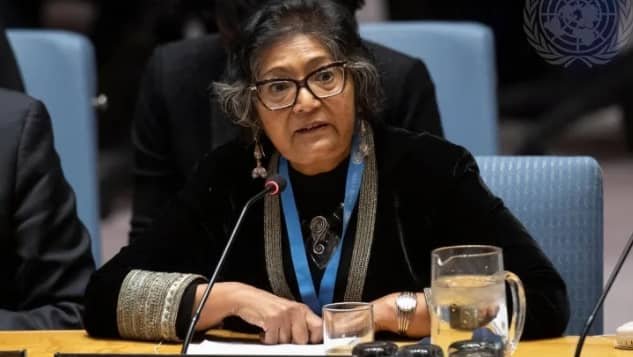The U.N. Commission on Human Rights in South Sudan has urgently called for action to confront rampant corruption and the misappropriation of public resources by the nation’s political leaders, warning that this has led to a dire human rights crisis in the world’s youngest country.
The report, titled “Plundering a Nation: How Rampant Corruption Unleashed a Human Rights Crisis in South Sudan,” stems from a two-year independent investigation and was released in Nairobi, Kenya.
According to the commission, South Sudan’s oil and non-oil revenues have been siphoned off through questionable off-budget expenditures and connections to political contracts, leaving millions of citizens deprived of essential services.
Since gaining independence in 2011, the government has reportedly accumulated more than $25.2 billion in oil revenue—a substantial figure for one of the world’s poorest nations. However, pervasive corruption has ensured that minimal funds reach critical services.
“Our report illustrates the narrative of a nation being plundered: corruption is not merely coincidental; it is the driving force behind South Sudan’s deteriorating situation,” stated Yasmin Sooka, chairperson of the commission. “It fuels hunger, collapses health systems, leads to preventable fatalities, and incites violent conflicts over resources. The suffering endured by South Sudanese civilians is a direct result of the unabashed looting of public funds since 2011.”
Commissioner Carlos Castresana Fernandez emphasized that the issue is not just a failure of budgeting; it results in preventable deaths, rampant malnutrition, and a significant exclusion from education.
Commissioner Barney Afako remarked that the nation’s leaders have consistently misappropriated both oil and non-oil revenues through entrenched corruption and opaque schemes within government systems.
Despite the 2018 Revitalized Agreement on the Resolution of the Conflict in the Republic of South Sudan aiming to enhance public financial management, the commission noted that the implementation of these reforms has been lacking and inadequately financed.
The report also highlights that the peace agreement is nearing a critical point, particularly following the charges announced on September 11 against First Vice President Riek Machar, who has been held since March 2025. His opposition party has since splintered, with many senior leaders imprisoned or exiled.
In a concerning move, the report indicates that President Salva Kiir’s daughter and Vice President Bol Mel’s wife have recently been appointed to prominent government roles.
The commission has put forth 54 recommendations to the government in Juba, urging actions to combat corruption, enhance accountability, and prioritize the basic needs of citizens in national budgeting and expenditures.
In response, Information Minister Michael Makuei Lueth dismissed the findings, stating that the government had not yet received the report officially.
“These individuals often write without consulting us,” he remarked. “They simply express whatever they think from their hotel rooms. We have not received the report formally, but we will investigate its content.”
He added, “While I am unaware of the specifics, we will look into the matter and determine what actions are being taken.”
United Nations’ Commission on human rights call for action to curb corruption in South Sudan’s political class
By Deborah Akur Chol

United Nations’ chairperson of the Commission on Human Rights in South Sudan, Yasmin Sooka during a meeting in Juba, South Sudan. /courtesy photo